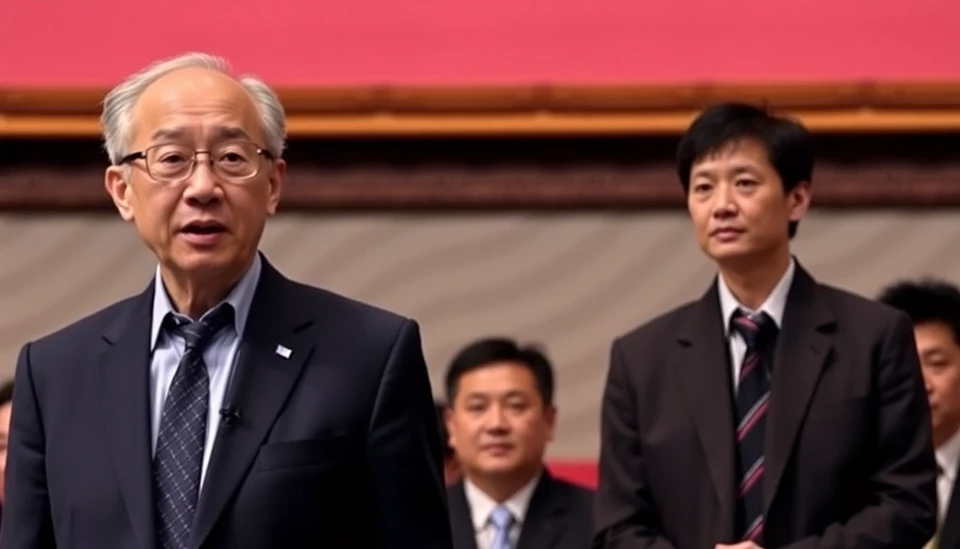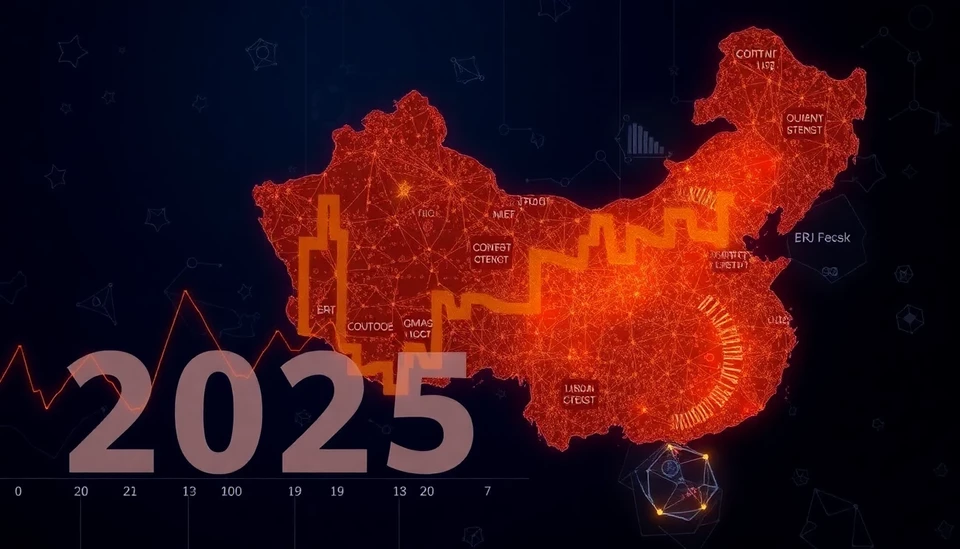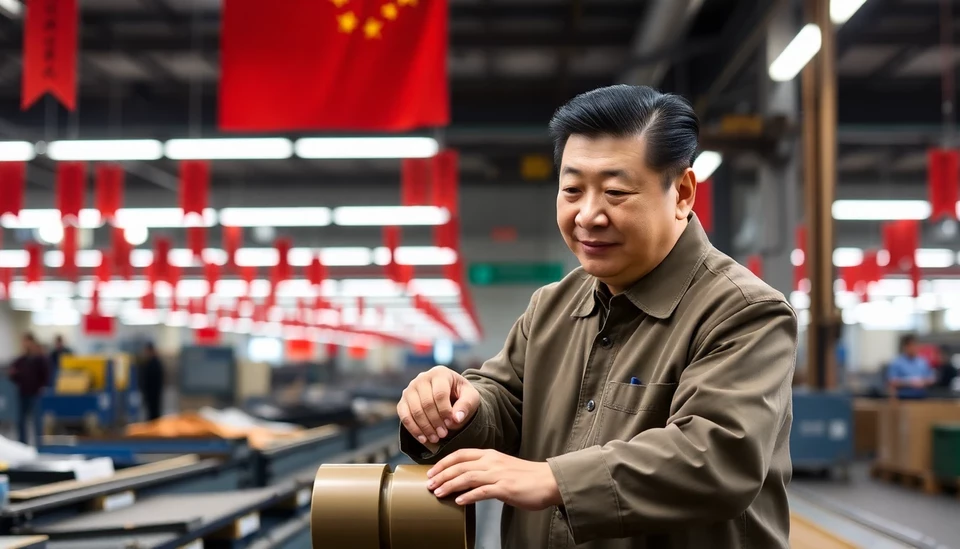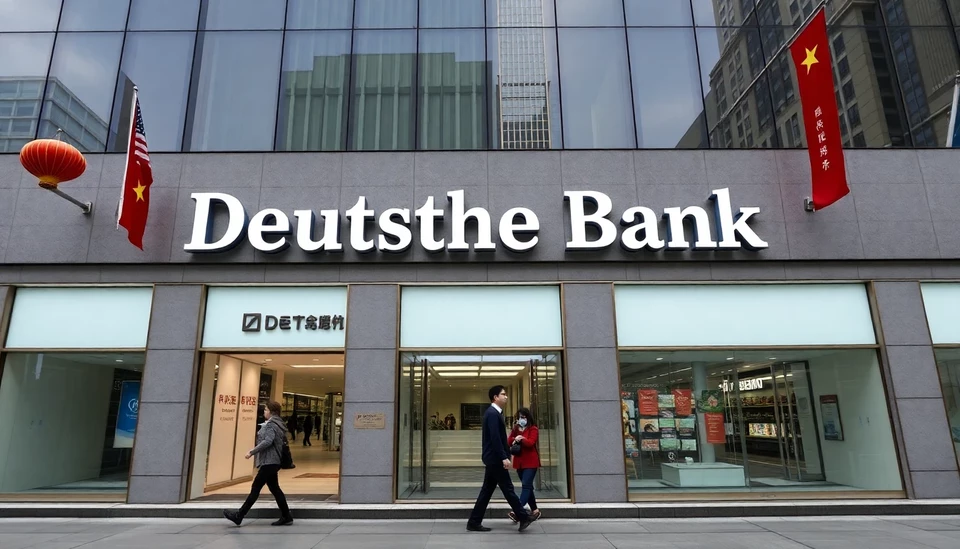
A recent speech by renowned economist Zhao Wei has ignited a fiery debate across social media platforms in China. Zhao's candid remarks describing the youth as 'lifeless' and lacking ambition have rapidly garnered attention, leading to a divide in public opinion regarding the state of younger generations in the country.
During an economic forum held in Beijing, Zhao Wei unveiled his concerns about the alarming trends among today’s youth, stating, "The youth are lifeless, showing little interest in pursuing traditional career paths or engaging in the hard work required for personal growth." These comments struck a nerve, prompting both support and backlash from various demographics online.
While some applauded Zhao for his frankness, arguing that it addresses the crucial need for self-empowerment among the youth, many others took to social media to criticize his perception of young people as apathetic. Several commentators argued that the pressures of modern society, including skyrocketing housing prices, job competition, and a challenging economic landscape, contribute to a sense of disillusionment among young individuals. The term 'lying flat' (tang ping), referring to a passive lifestyle choice embraced by some youths who opt out of excessive work and societal expectations, has been widely discussed in the wake of Zhao's speech.
The economist's remarks have led to an outpouring of personal stories, with numerous users sharing their experiences of feeling overwhelmed by societal expectations and economic pressures. Many young individuals expressed that what Zhao perceives as 'lifelessness' is, in fact, a survival mechanism in a highly competitive environment where success often feels out of reach.
The discussion highlights the broader context of the ongoing challenges facing the youth in China, including rising unemployment rates, especially among university graduates, and the growing dissatisfaction with traditional markers of success, such as home ownership and job stability. The debate not only touches upon individual aspirations but also reflects a deeper societal concern regarding the future of China's workforce.
In response to the uproar, Zhao Wei has since clarified his stance, emphasizing that while he is concerned about the apparent lack of drive among some youths, he also believes in the potential of the younger generation to adapt and overcome these difficulties. Nonetheless, the damage appears to have been done, with his original comments continuing to resonate and spark discussions even beyond social media, influencing public discourse about youth, work, and aspiration in contemporary China.
As the discourse evolves, many are left pondering whether Zhao's remarks will lead to a meaningful dialogue about how to better support China's youth in navigating a rapidly changing economic landscape, or if they will simply remain a point of contention fueled by differing generational perspectives.
#youth #lifelessness #china #economy #debate #millennials #zhao #wei #speech
Author: Rachel Greene




